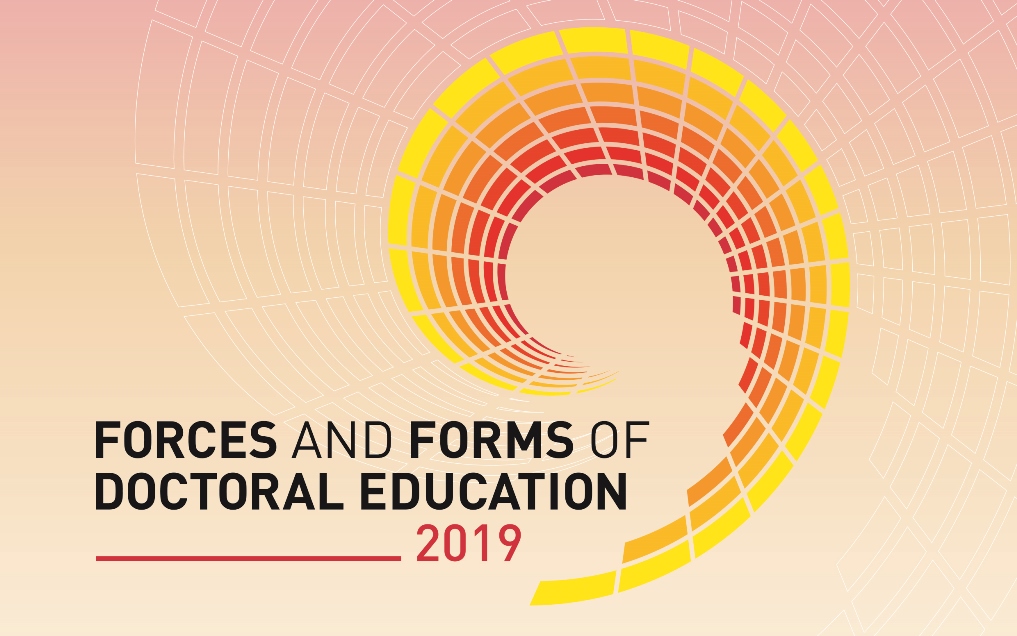Herrenhäuser Conference › view all
Revisiting Forces and Forms of Doctoral Education Worldwide in a Newly Configured and Constrained Global Context
Germany
BIGSSS co-organizes this year's international Herrenhäuser conference on "Revisiting Forces and Forms of Doctoral Education Worldwide in a Newly Configured and Constrained Global Context". The conference will take place at the Herrenhausen Palace in Hanover on September 5-6, 2019.
Aim of the 1.5-day-conference is to review changes in doctoral education and discuss, enhance, and disseminate future-oriented advancement of doctoral education and related policies. Participants will assess where we stand on core values of doctoral education and research; take stock of ongoing developments and changes in doctoral education worldwide; and set a policy agenda on how doctoral education can best be shaped in a socially responsible way, not only in our own national systems, but at a global scale for driving innovation in public and private sectors.
Background
During the last decade, there have been significant changes in doctoral education worldwide: In many countries, the numbers of doctoral candidates and doctoral granting institutions have increased to help drive both national innovation and research performance of individual institutions, especially in Asia. Worldwide, there is a greater focus on diverse employment prospects and transferable skills of doctorate holders and postdocs. At the same time, the world is changing faster than ever. Seemingly, adverse developments with yet unknown effects, namely digitization as potential driver of progress as well as increased insecurity and the simultaneous deterioration of democracies aligned with the rise of populist or fundamentalist movements characterize the second decade of the 21st century. Training doctoral candidates to become the next generation of creative, critical, autonomous and responsible intellectual risk takers is more essential than ever in these times of epochal challenges and unsettling changes.
Program & Speakers
Panel discussions and work in small groups will investigate major topics pertinent for doctoral education at our times and will critically discuss policy recommendations resulting from a preparatory workshop from a group of experts from all continents.
- Session 1: The system dimension: Assessment of Doctoral Education reforms since 2005
- Session 2: Impacts of changes on meso and micro levels
- Session 3: Capacity Building in the era of globalization
- Session 4: Global labor market developments
- Session 5: Interplay of societal/political change and the role of researchers
Confirmed Speakers include Ahmed Bawa, (Physics), Chief Executive Officer of the Association of Universities of South Africa; Roshada Hashim, (Biochemistry) Deputy Vice-Chancellor, Research and Innovation, Universiti Sains Islam, Malaysia; Reinhard Jahn, (Biology), Director, Max Planck Institute for Biophysical Chemistry, Germany; Suzanne Ortega, (Sociology) President of the Council of Graduate Schools (USA/North America); Richard Strugnell, (Epidemiology) former Pro Vice-Chancellor for Graduate Studies, The University of Melbourne.
The keynote address of the conference will be delivered by Professor Jonathan Jansen (University of Stellenbosch, South Africa). Professor Jansen is the former Vice chancellor of the University of the Free State and served as chair of the evidence-based study of PhD education by the Academy of Science of South Africa.
A detailed preliminary program will be ready for download on the official conference website in February 2019.
Registration & Terms of Participation
- The conference language is English.
- There are no fees for attendance but registration is essential. If you would like to attend the conference, please register by visiting the official conference website.
- Please note that you are responsible for booking your accommodation. As Hannover is a city that hosts many fairs, we recommend booking a room as soon as you register.
Organizers
The conference is jointly organized by the Bremen International Graduate School of Social Sciences (BIGSSS), the Center for Innovation and Research in Graduate Education (CIRGE), Washington, and the University of Bremen.

